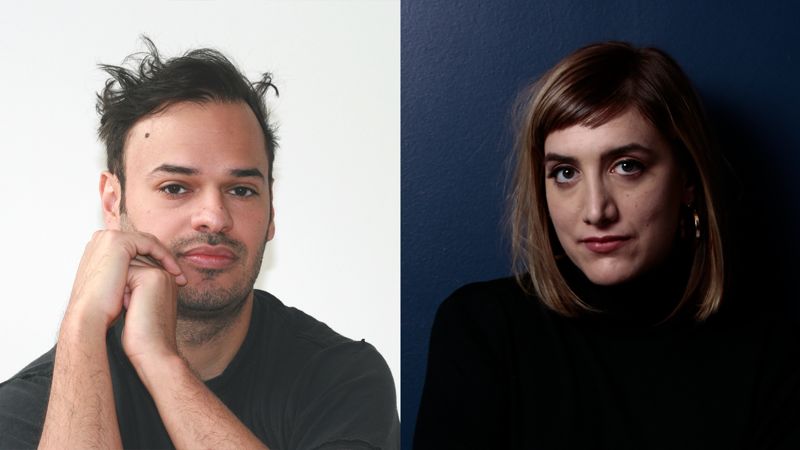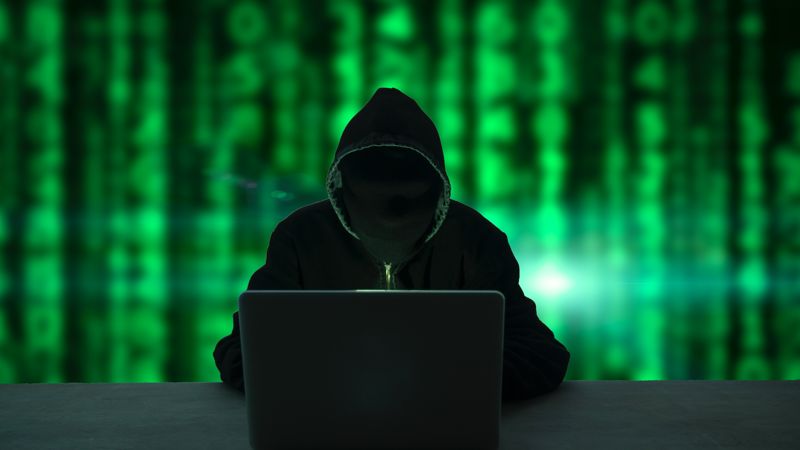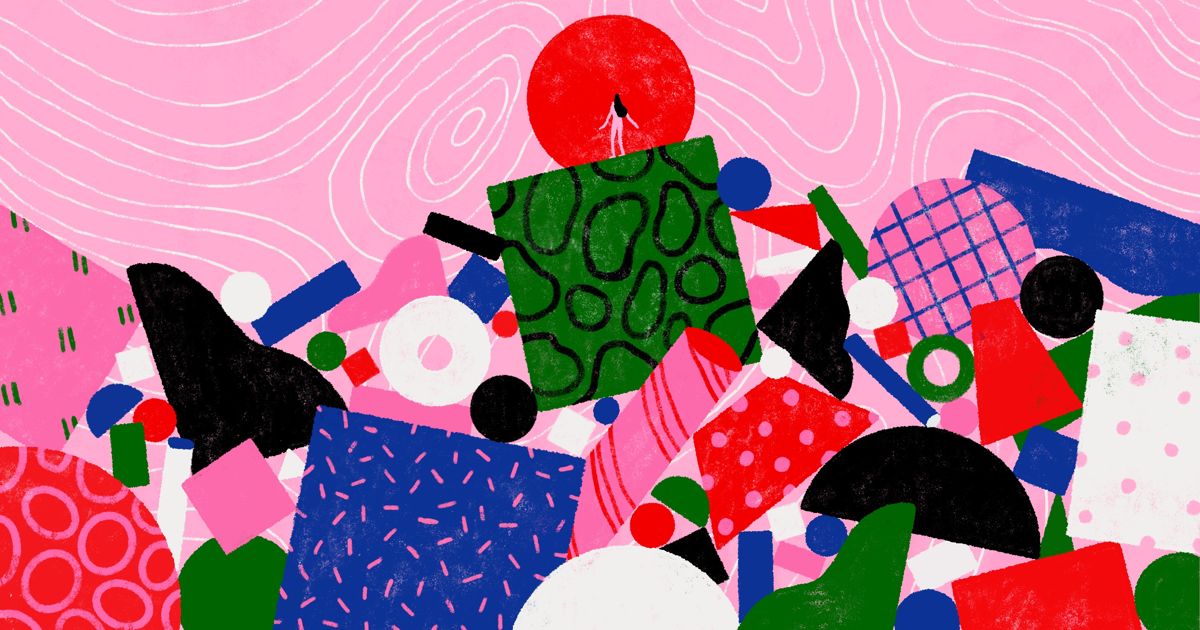Drawing closer: the progression of women in animation
With gender equality being a primary concern in live-action production, Final Frontier EP Julieta Zajaczkowski asks if enough is being done in the commercial animation sector.
I’m a Latin-American white woman in her mid-thirties, and also an executive producer. Over the years, although I do believe at times I have been discriminated against for being a women and for being Latin-American, overall I am lucky enough to have had the opportunity to develop my career.
However, the lack of women in senior roles in commercial animation production companies still concerns me. Almost all of the directors I have worked with have been men. As one of Final Frontier’s female directors, Yukai Du, explained to me, “I have often found myself as the only woman on the entire animation team [so I feel] I need to work extra hard to prove what I can do. Sometimes when I have meetings with clients who don’t know my work, I am often mistaken for a producer or project manager.”
Women have worked as artists and in production, but very rarely as directors or creators.
There are exceptions, and I know this has begun to change in recent years, but I believe now, particularly at this exceptional moment in history, we need to seize the opportunity to elevate and encourage women in this industry.

On this front, I’m quite impressed with what is happening in 2020. The disruption and upheaval caused by COVID-19 has been the catalyst that was needed to rally different voices that had been gathering strength in recent years but have been hard to unite. The industry has been forced to stand up and make changes.
The Black Lives Matter movement, for example, has translated into a wave of brands and executives asking for more underrepresented talents in their teams and productions. As part of that, the role of women in commercial animation is, finally, beginning to be seriously addressed.
We're already changing the way we communicate about products aimed at women, and I think this is in large part due to there being more women in the teams creating the work.
It is long overdue. The animation industry was built by men. Women weren't even allowed to hold important roles in animation until 1941, when Retta Scott was the first woman to be credited as an animator in a Disney film. Since then, women have worked as artists and in production, but very rarely as directors or creators.
According to Women In Animation (WIA), in 2015, women held just 20% of all roles in animation. This thankfully has improved in the last five years with the number now up to around 39%. In senior roles too, as of 2019, the number of female executives in animation had risen to more than 50%. Despite that improvement, just 3% of animation film directors today are women, while women of color make up only 1%. This extends to all types of roles available in the industry, including tech, finance, FX artists, generalists, CGI, and compositors.

So how do we not only encourage more women into the industry, but elevate them to senior roles?
We need to work together with the industry, and society in general, to build a new paradigm where companies determine to build multidisciplinary and diverse teams, in which women have equal opportunities to obtain senior positions. Most important is to change the role of women in advertising. We're already changing the way we communicate about products aimed at women, and I think this is in large part due to there being more women in the teams creating the work. In recent years we have seen a lot of new consulting firms and organizations specialized in Equality, Diversity, and Innovation, such as Women In Animation and Free the Work. Their work has helped highlight and tackle inequality, leading to individual and collective action plans for more balanced gender perspectives.
I often hear female colleagues and friends expressing that they couldn’t be directors or executive producers because they will not have the time to be a mother, even sometimes rebuking themselves for wanting to have both a family and a high-level career.
This does not mean simply shoehorning women into previous ways of doing things - ways forged from decades of companies being run from a male viewpoint. I often see women trying to behave like men, seemingly under the impression that being tough or speaking louder will command the respect necessary to handle teams or hold high positions. We don’t need to be something we’re not. Women must be empowered and encouraged to bring their unique experiences and authentic voices. Du agrees, telling me, Women’s leadership style should not be copied from men. Even different male directors have different approaches. We should explore not just one ‘female leadership approach’, but many. In this regard I can see positive changes in the industry. I’ve met and worked with so many incredibly talented women who are senior executive producers, senior agents, creative leads, animation directors. It empowers me to know I’m not alone and makes me more confident facing professional challenges.
One point I would like to see is the industry, including women, changing attitudes around motherhood. I often hear female colleagues and friends expressing that they couldn’t be directors or executive producers because they will not have the time to be a mother, even sometimes rebuking themselves for wanting to have both a family and a high-level career. We need to dispel this fear of being labelled as “bad” mothers for pursuing a career or working long hours. For decades, men have been doing just that and rarely faced such accusations. Men need to be involved in the family just as much as women, and to help their partners to develop professionally.

I already see positive progress. Men are giving more space to the women in the family setup and I'm seeing men more often deciding to stay at home with the children so women have the opportunity to develop their careers. I think this year we’ll continue to see a huge shift, with a lot of companies deciding to make working from home permanent, which will change family habits and the way a lot of people work.
It’s a mindset that starts early, in the home growing up, and at school, where girls are encouraged to like ‘feminine’ pastimes like cooking and make-up, while boys are encouraged to like sports and technology. It puts women at a disadvantage before they embark on working careers. It’s a deep societal issue that we must all work together to tackle.
Creating content that is gender neutral and not heteronormative for children is the most important right now.
The process of change needs to be handled with genuine sensitivity and attention to detail. When clients ask for underrepresented directors or talents I have mixed feelings. I'm happy that awareness of the issues is growing, but at the same time, I don’t think that these categorizations are helpful. I feel like we are just adding more labels to people.
I believe an important step is to bring the voices and experiences of the underrepresented groups in to the type of content we create, the stories we tell, and the visuals we produce. For me, creating content that is gender neutral and not heteronormative for children is the most important right now. This will change for sure. Future generations will see gender and gender stereotypes completely differently.

Diversity needs to be a broader goal than simply one or two token hires. The industry needs to give opportunities to all minorities, paying special attention to building teams with diversity in all aspects: gender, race, color, nationality, age, and social-economic status.
We need to demand more diversity in the reels we see and the talent we shortlist. If we don’t have an established female talent, then let’s bring a junior artist to shadow, learn and collaborate with the male director.
As we adapt to the new reality, let’s stay mindful of what we have achieved so far, and keep freeing ourselves of the old prejudices.
We should fight for the government and non-profit organizations to giving people and minorities with lower incomes the opportunity to access to the industry, both at academic and labor levels, with more scholarships and direct opportunities for the minorities.
The major upheavals of 2020 so far have helped us on our way. I’m encouraged to see the recent drive for underrepresented talents especially in live action production, although there is still much work to be done. I would like to see that same energy and debate applied to animation and post. As we adapt to the new reality, let’s stay mindful of what we have achieved so far, and keep freeing ourselves of the old prejudices.
If we do, the impact in 2021 and beyond could be extraordinary.
)




 + membership
+ membership








